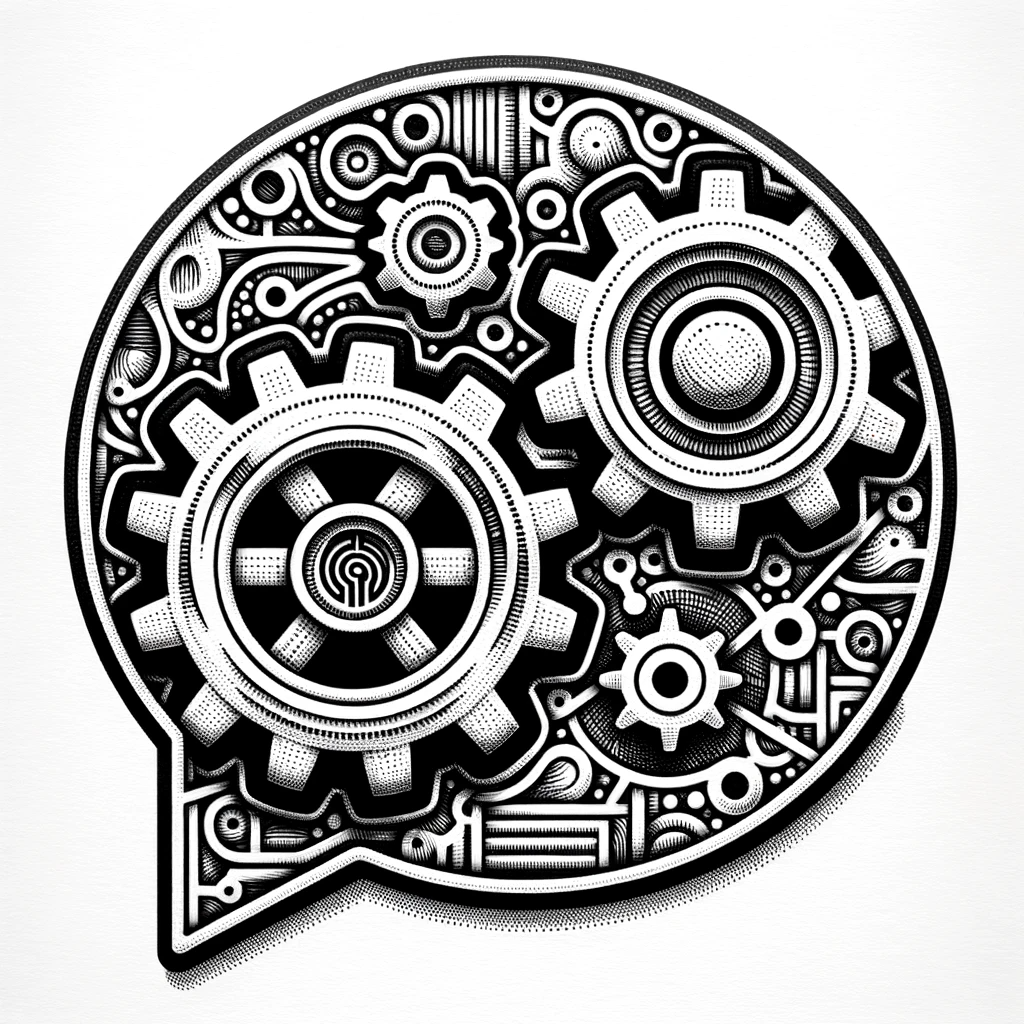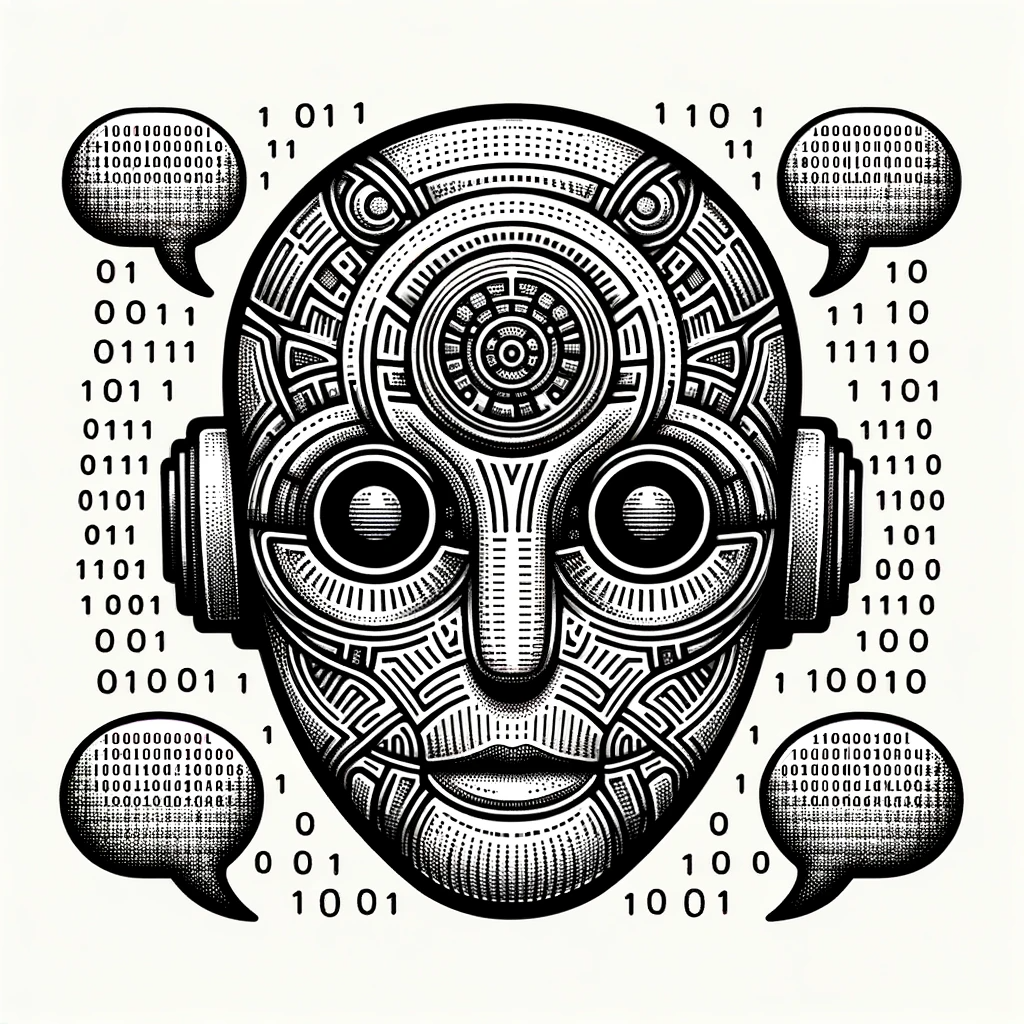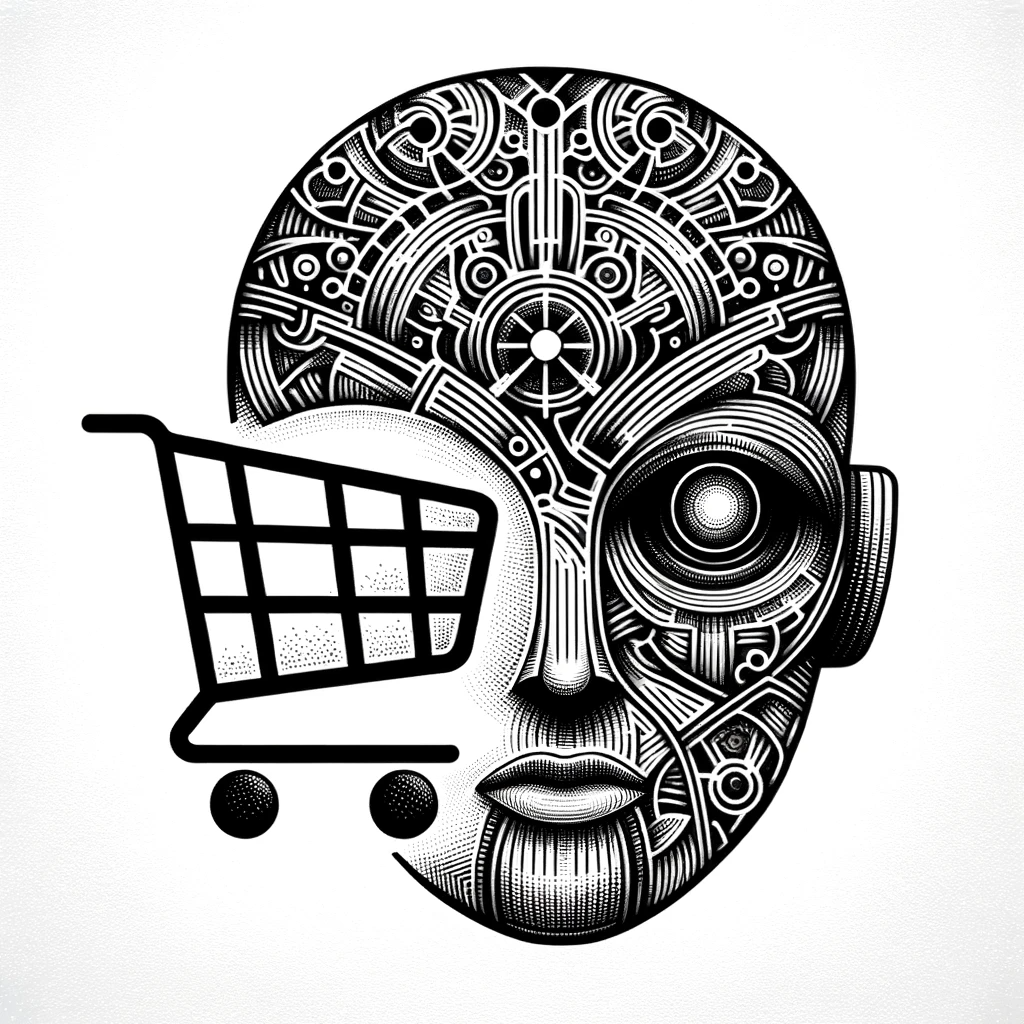Conversational ai and multilingual chatbots for exports

Multilingual ai chatbots to help you sell abroad
Ai chatbots, as facilitated by Versatik, are not only cost-effective but also remarkably scalable. They can be integrated across multiple customer touchpoints for a diverse array of functions and are available around the clock. AI chatbots represent a significant leap in the evolution of multilingual customer interaction technologies.
The potential benefits of using ai chatbots are substantial, warranting the investments and challenges that come with their development and deployment.
Done for you
A comprehensive service that includes everything from the initial creation of your chatbot to monthly follow-ups, ensuring seamless operation and continuous improvement.
Our ai chatbots

Multilingual chatbots
Why your company should use ai chatbots to support your international customers
Elevate International Customer Engagement and Sales: Chatbots simplify the user journey, making it convenient for customers to access information and complete purchases at any time, from any location. When a visitor lands on your website, an integrated chatbot can curate personalized product suggestions or exclusive deals based on their past interactions and purchase history, speaking their language. Furthermore, chatbots can equip your sales agents with data-driven insights for upselling, enhancing the odds of closing a sale. Their adaptability extends across various customer interaction platforms and devices.
Minimize Customer Attrition: Maintaining a positive customer experience is vital for brand loyalty and ongoing revenue. Chatbots contribute substantially in this regard by offering prompt, automated support on the customer’s preferred communication channel and language. For more complex issues requiring human involvement, chatbots can gather essential details and set the stage for an efficient resolution by human agents. This blend of speed and convenience is instrumental in retaining customers.
Optimize Cost Management: Traditional call centers can be financially draining, especially when extended hours are factored in. Chatbots, designed for 24/7 service, can automate routine queries, thereby reducing operational costs. The continual learning process for chatbots also means that their efficacy increases over time, offering more savings.
Enhance Employee Satisfaction: By automating repetitive tasks, chatbots free up your customer service representatives to focus on more intricate and fulfilling responsibilities. International chatbots can assist in a range of activities, from FAQ support to resume filtering, thus improving workplace efficiency and overall employee contentment.
Scale Your Business in different languages: The infrastructure needed for AI-enabled chatbots is both cost-effective and quickly implementable. As your business evolves—whether through market expansion, product diversification, or seasonal demand fluctuations—chatbots offer the scalability to adapt and support your growth objectives.

Differences between ai chatbots and conversational ai
The terms “chatbot” and “conversational AI” are often used interchangeably, but they refer to different concepts in the field of artificial intelligence and customer interaction technologies. Here are some key differences:
Chatbot
1. Scripted Responses: Chatbots often operate based on a set of predefined rules or scripts. They are programmed to respond to specific inputs with specific outputs.
2. Limited Context: Most basic chatbots are not context-aware, meaning they do not understand the conversation’s context and treat each query independently.
3. No Learning: Rule-based chatbots do not have the ability to learn from past interactions. Each conversation with a user is isolated and doesn’t influence future conversations.
4. Simple Tasks: They are often designed to handle simple, transactional tasks like setting reminders, answering FAQs, or guiding a user through a set process.
5. Low Cost & Easy Setup: Generally cheaper to build and easier to set up than more advanced conversational AI systems.
6. Narrow Scope: Best suited for tasks that are specific, clear, and limited in scope.
Conversational AI
1. Intelligent Responses: Conversational AI utilizes Natural Language Processing (NLP), Machine Learning (ML), and other advanced technologies to understand and generate responses, often in a more natural, conversational manner.
2. Context Awareness: These systems are designed to understand the context of a conversation and can maintain context over a series of interactions.
3. Learning Ability: Many conversational AI systems have the ability to learn from past interactions, allowing them to improve and personalize their responses over time.
4. Complex Tasks: Capable of handling more complex queries and operations, such as assisting in online shopping by understanding user preferences, or providing technical support.
5. Higher Cost & Complexity: Generally more expensive to build, train, and maintain due to the complexity of the technologies involved.
6. Broad Scope: Well-suited for a wider range of tasks and can adapt to various industries and applications more easily than basic chatbots.
In summary, while all conversational AI can be considered chatbots, not all chatbots are conversational AI. Conversational AI represents a more advanced, versatile, and context-aware system compared to traditional, rule-based chatbots.
Start free trial
Interested in elevating your international sales strategy with the power of AI? Meet the Versatik team to discuss your project.
This site is protected by reCAPTCHA and the Google Privacy Policy and Terms of Service apply.



